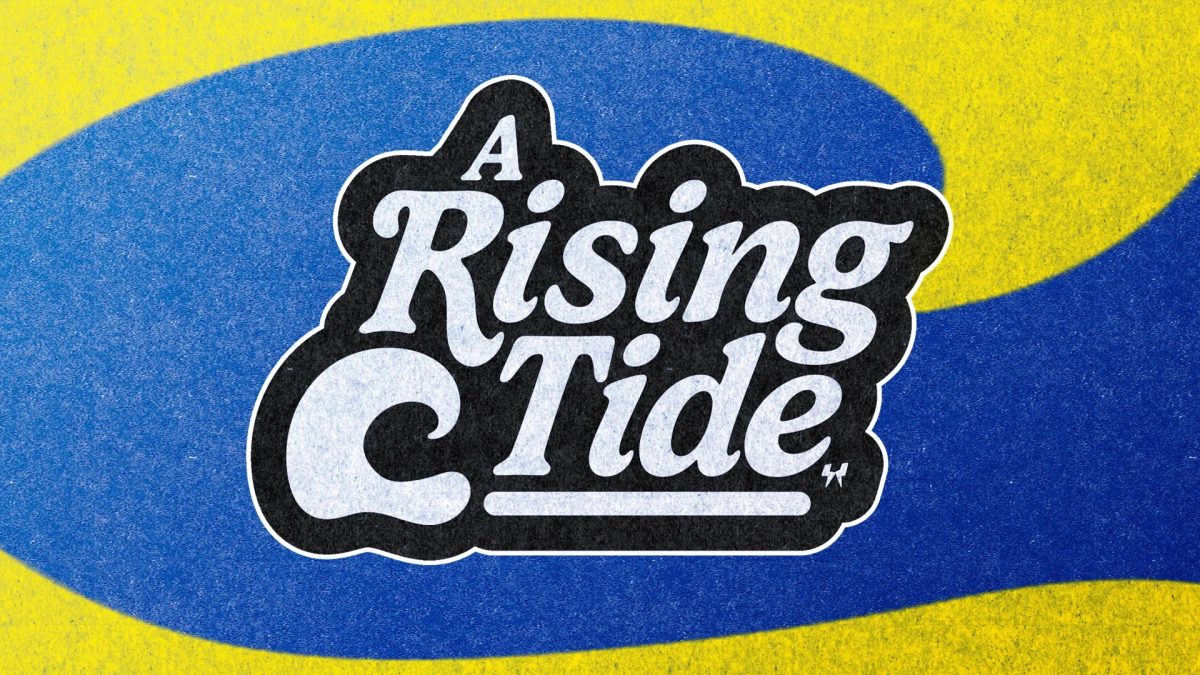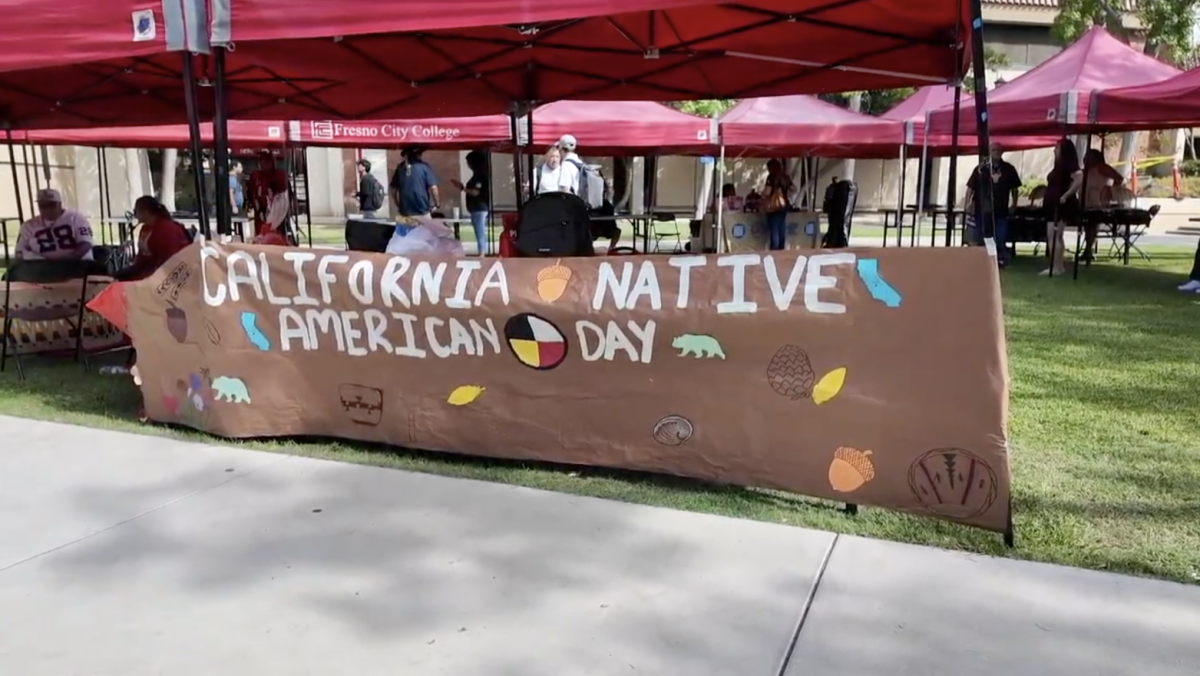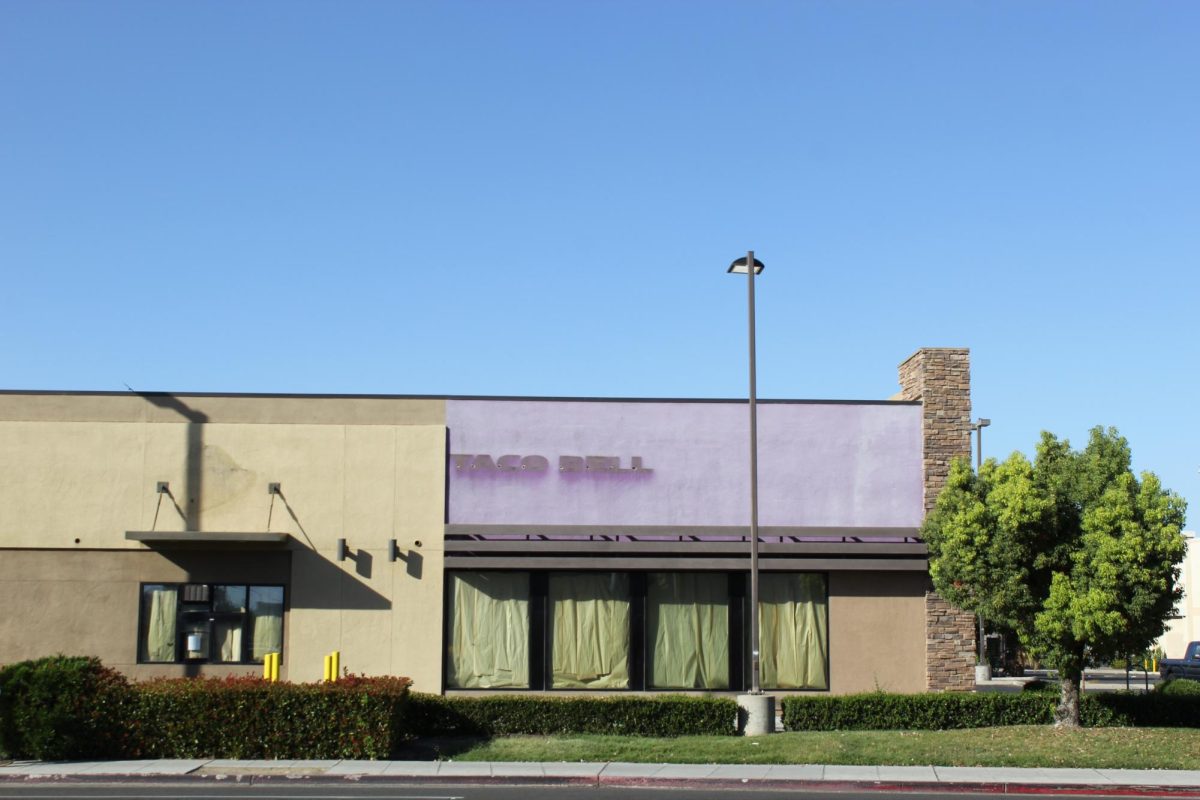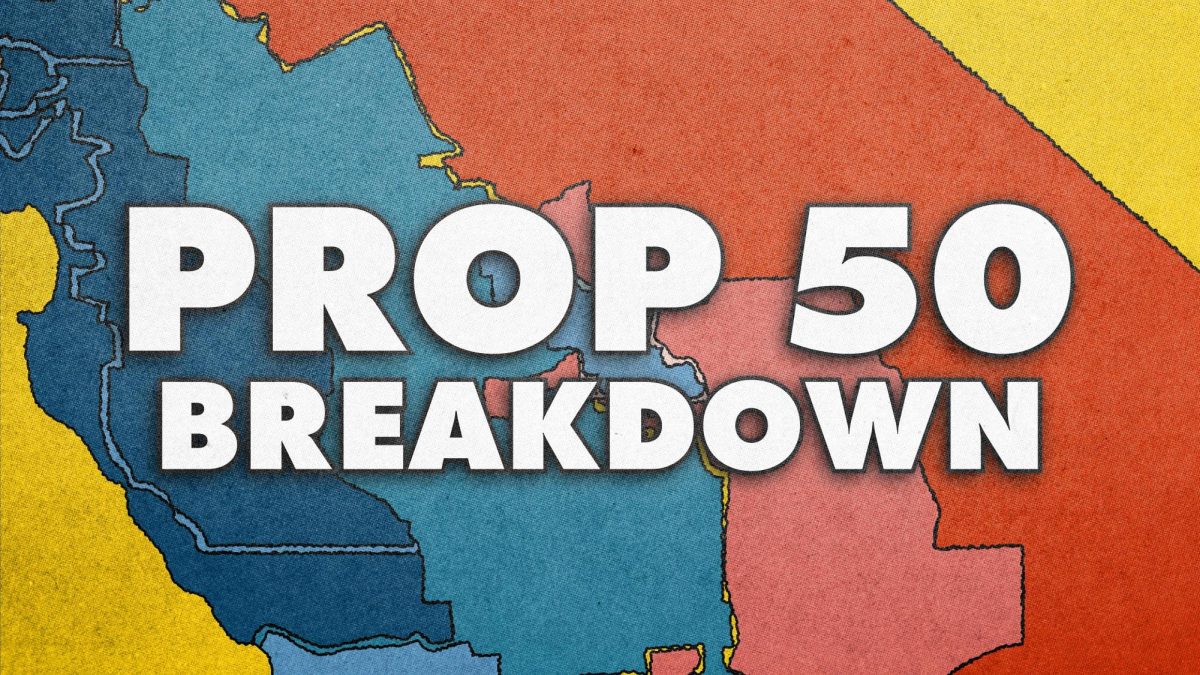Q: What kinds of things do students come to you for?
A: I try to help students at two levels, directly and indirectly. Directly my office is responsible actually for student discipline. So myself and my staff, I have staff that help me, but basically, we work with students who have allegedly violated our student code of conduct, but our view is that when that happens, it provides us an opportunity to help the student develop. For instance, if a student is accused of cheating, we have to handle that case. Our view is that we try to use that as an opportunity to help the student revaluate his/her behavior in the classroom. So on a personal level, we do that. We work with student leaders; we work with the ASG and often speak to them and guide them and provide them advice on how to lead or manage. I have a cader of students that occasionally will come in that I’ve gotten to know; I mentor students in special programs. Indirectly, I am involved heavily in trying to do things to make the campus more user friendly for our students. The whole idea is to get students to be successful at the college, and, I mean students who are going to complete an objective. In other words, if you’re going to start with the intent to transfer or the intent to get a degree or certificate, we want you to get there.
Q: Students have been complaining about the long lines in the counseling center. What can be done to cut the wait?
A: Part of the problem is the ratio of counselors to students. On many college campuses, the ratio could be up to 2000 students per counselor. Our ratio is not far from that number. I could tell you right now though we’re about one to 1,300 to 1,400, somewhere around there. We have about 25,000 or 26,000 students and only 18 full time counselors, so that’s a challenge. What we are trying to do is manage or see as many students as we possibly can with the amount of counselors that we currently have. So we typically schedule half hour appointments for students but some students don’t need the full half hour, so we have what we call Q & A session, which is a shorter, five to 10 minute session. Inevitably, because of the high demand, and thin supply of counselors, we’re going to have lines. But we’re trying to even make that better in the sense that basically, we have a cue system for our students who walk in. When you go in line, when you get finally to the counter, which right now, I don’t know how long it’s taking, but it shouldn’t take longer that 15 to 30 minutes. You get put into a cue and then you’re contacted and you see somebody.
Q: How closely do you work with faculty to help students succeed?
A: It’s a how question. I’m involved in two rather significant committeees on campus. One is an enrollment management committee. That particular committee involves faculty and faculity administrators. That committee’s purpose is to try to, amongst a number of things, improve processes that have a negative impact on our students’ ability to be successful here. Now what do I mean by that? I’ll give you an example. Let’s start with when you apply to the college. Ok, so you apply online and after you apply online, you are informed that you should go through an assessment or placement test. We want to ensure that that assesment/placement is valid and we also want to ensure that you do your best when you take that test because we know that 80 to 90 percent of the students who test at Fresno City College, and this is not unlike other community colleges, did not test in the college level English or math. So we need to look at the content of our test and we need to look at the conditions in which students are testing amongst other factors. So this particular committee which involves faculty is engaged in examining not just that issue but a number of other issues that affect the students’ ability to progress and meet an educational objective.
Q: What are your thoughts on some of the issues on campus such as smoking?
A: Often times with issues like smoking, you’re going to have those who are advocates who are going to say ‘I’m for no smoking on campus’ and you’re going to have others who are not in favor of that. My primary role is to facilitate the thinking of our students on issues like that. I think we need to take a reasonable approach. What does that really mean? I’m not going to give you a personal opinion at this point, but I will say this, that if this issue is going to be discussed more in the future on campus that I would assume that different options or different scenarios would be offered in terms of proposed solutions to what is considered to be the problem. You could go from absolutely no smoking to absolutely total smoking to what we have now, designated areas. The only issue is that if you have designated areas or if you have totally no smoking, the big issue isn’t so much developing the polocy, it’s the enforcement of it that would be the challenge.
Q: What kind of legacy would you like to leave when you retire?
A: I want to be able to look back and say, ‘You know what, I really made a difference in influencing the lives in a positive way,’ of the people I work with and the students that I have worked with. Just make a difference basically. Whether you’re in the public sector or private sector, that’s important to feel like you did something that meant something when you look back at your career and it really impacted peoples’ live. With my job, it’s not all about helping students one by one, it’s about improving systems. When you improve systems, you can really help a lot of people.






